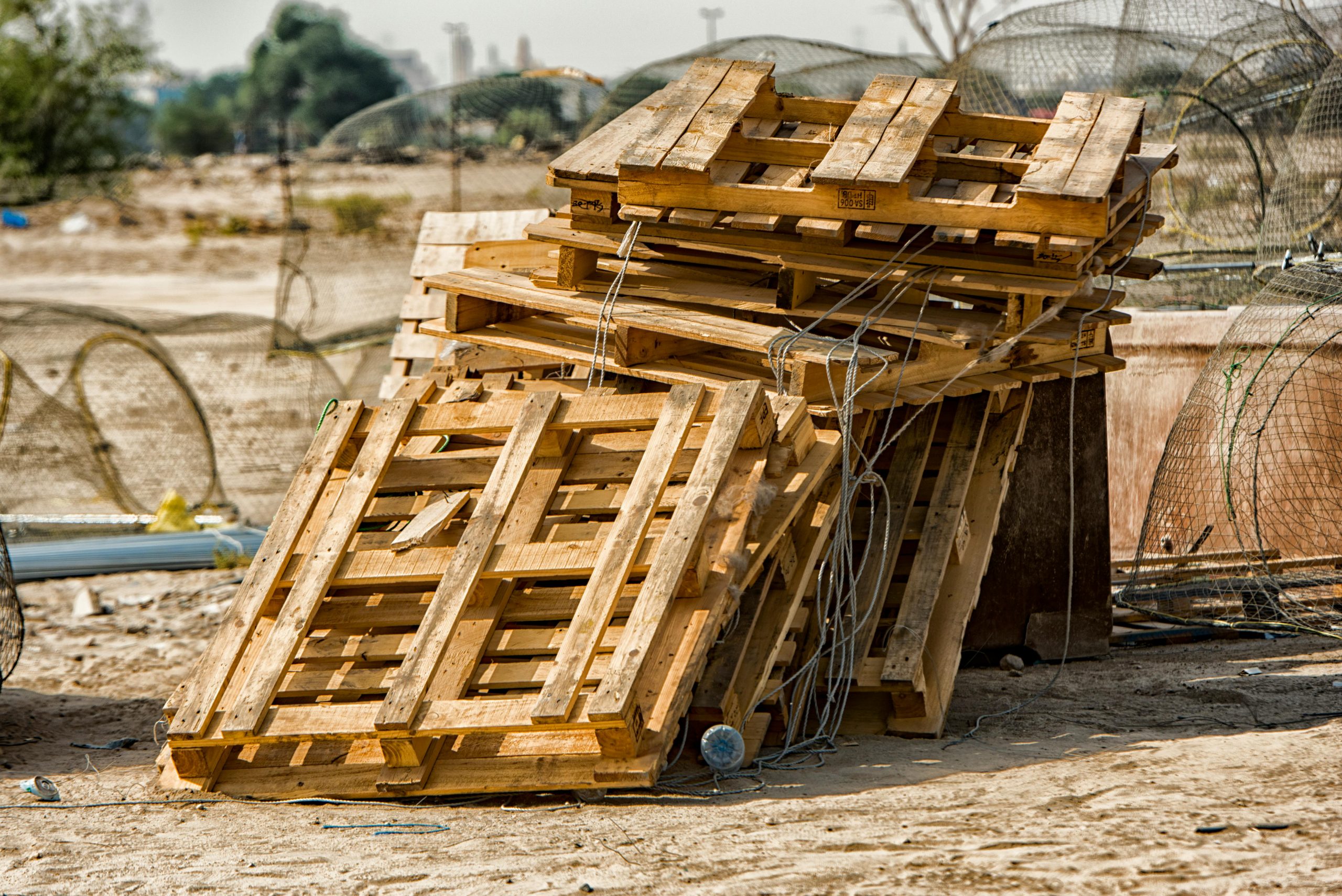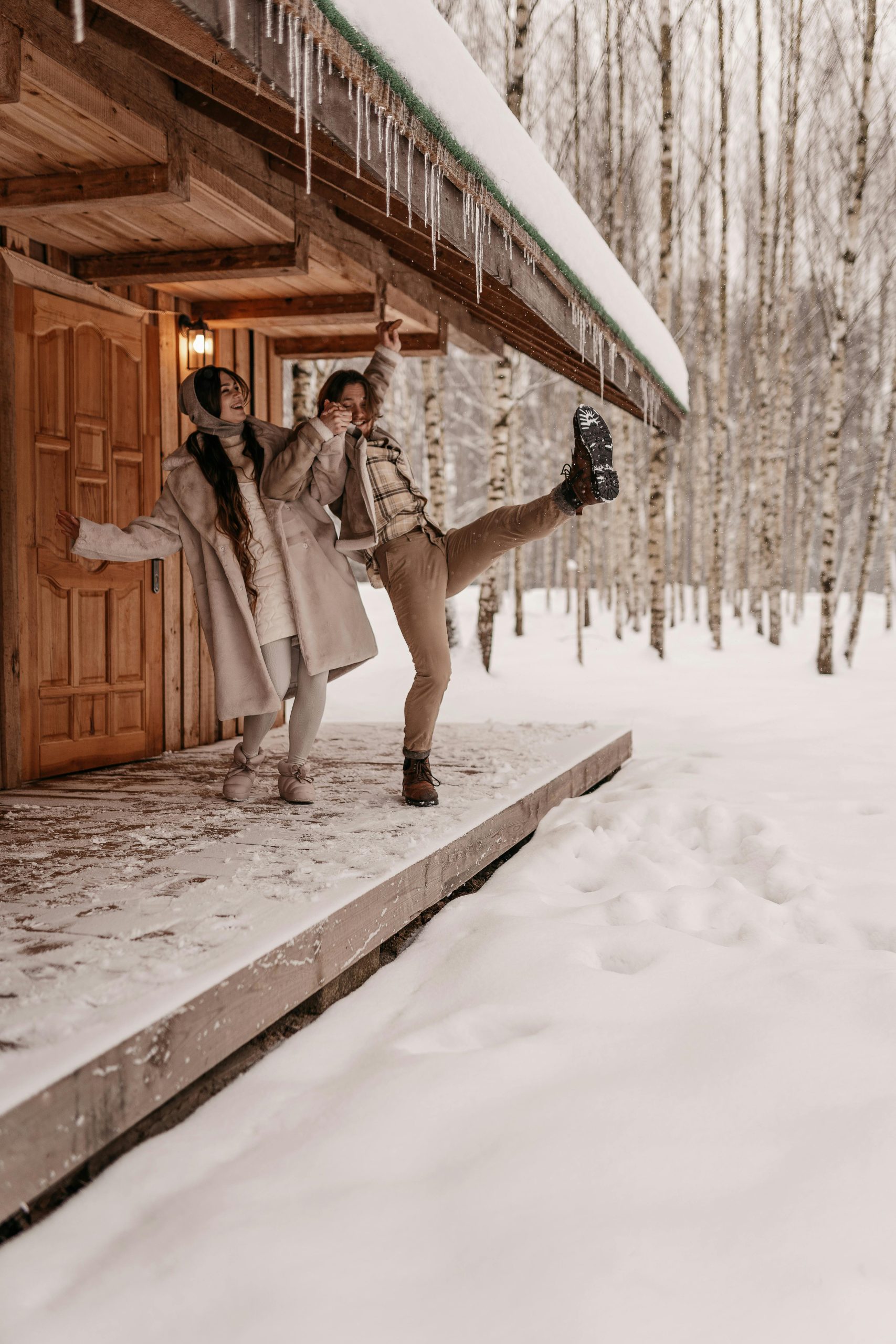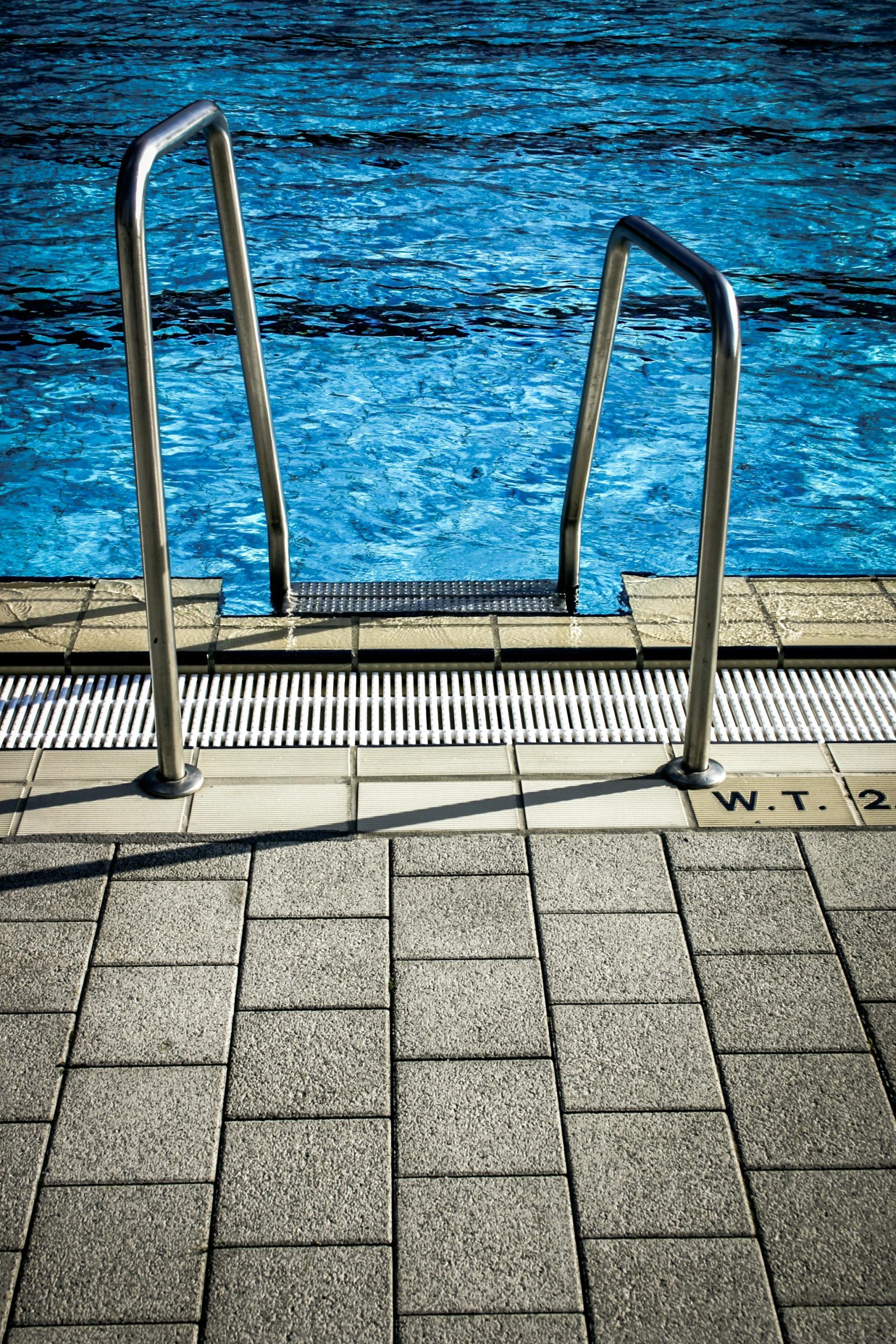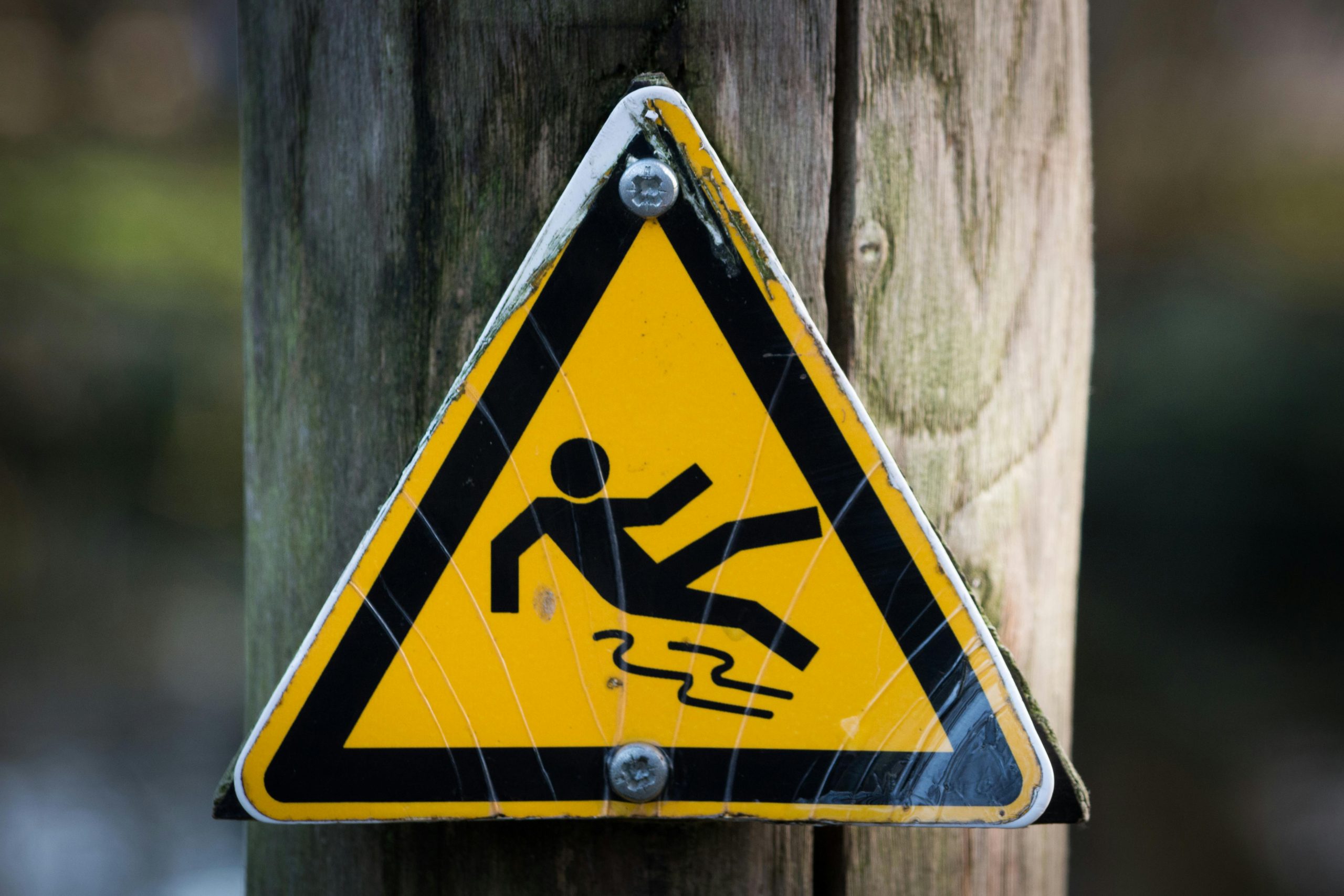 David Cox delivered four pallets of shirk-wrapped material for his employer, Southwestern Motor Transport, in June 2012. The delivery location was the Baker Distributing Company warehouse in Shreveport, Louisiana. Baker’s delivery dock did not have a dock plate. A dock plate is a metal bridge connecting a truck’s back to the loading dock. There is an empty space between the back of the truck and the loading dock without a dock plate. In addition, Cox found that the loading dock was cluttered with several objects. Due to this clutter, Cox could not use a forklift to unload the truck.
David Cox delivered four pallets of shirk-wrapped material for his employer, Southwestern Motor Transport, in June 2012. The delivery location was the Baker Distributing Company warehouse in Shreveport, Louisiana. Baker’s delivery dock did not have a dock plate. A dock plate is a metal bridge connecting a truck’s back to the loading dock. There is an empty space between the back of the truck and the loading dock without a dock plate. In addition, Cox found that the loading dock was cluttered with several objects. Due to this clutter, Cox could not use a forklift to unload the truck.
Working alone, Cox managed to get two pallets off the truck with a pallet jack but then used a dolly for the last two pallets. While attempting to get the previous pallet off the truck, Cox’s foot became wedged between the dock and the truck, causing him to fall on his back. Cox filed a lawsuit as a result of being injured.
In the lawsuit Cox alleged that this fall caused him to have permanent injuries that made him disabled. The injury resulted in Cox receiving worker’s compensation benefits. Cox filed a lawsuit against Baker, arguing that the lack of a working dock plate made the dock unreasonably dangerous, that the lack of a dock plate was not easily visible to parties making deliveries to the warehouse, and that Baker had a duty to provide a safe entrance for parties unloading at the dock.
 This case focuses on the procedural aspects of a personal injury lawsuit, highlighting the importance of deadlines and the consequences of missing them.
This case focuses on the procedural aspects of a personal injury lawsuit, highlighting the importance of deadlines and the consequences of missing them. Insurance Dispute Lawyer Blog
Insurance Dispute Lawyer Blog


 The
The  A tragic accident involving a young boy with autism has raised questions about the legal responsibility of homeowners when someone is injured on their property. The case of
A tragic accident involving a young boy with autism has raised questions about the legal responsibility of homeowners when someone is injured on their property. The case of  We’ve all heard the phrase “slip and fall,” often in a comedic context. However, slip-and-fall accidents can result in severe injuries and legal battles. The recent Louisiana Court of Appeal case of Barton v. Walmart highlights the complexities of such cases and what it takes to prove a merchant’s liability.
We’ve all heard the phrase “slip and fall,” often in a comedic context. However, slip-and-fall accidents can result in severe injuries and legal battles. The recent Louisiana Court of Appeal case of Barton v. Walmart highlights the complexities of such cases and what it takes to prove a merchant’s liability. A recent
A recent  We’ve all heard the phrase “slip and fall,” often in a comedic context. However, slip-and-fall accidents can result in severe injuries and legal battles. The recent case of
We’ve all heard the phrase “slip and fall,” often in a comedic context. However, slip-and-fall accidents can result in severe injuries and legal battles. The recent case of  David Cox delivered four pallets of shirk-wrapped material for his employer, Southwestern Motor Transport, in June 2012. The delivery location was the Baker Distributing Company warehouse in Shreveport, Louisiana. Baker’s delivery dock did not have a dock plate. A dock plate is a metal bridge connecting a truck’s back to the loading dock. There is an empty space between the back of the truck and the loading dock without a dock plate. In addition, Cox found that the loading dock was cluttered with several objects. Due to this clutter, Cox could not use a forklift to unload the truck.
David Cox delivered four pallets of shirk-wrapped material for his employer, Southwestern Motor Transport, in June 2012. The delivery location was the Baker Distributing Company warehouse in Shreveport, Louisiana. Baker’s delivery dock did not have a dock plate. A dock plate is a metal bridge connecting a truck’s back to the loading dock. There is an empty space between the back of the truck and the loading dock without a dock plate. In addition, Cox found that the loading dock was cluttered with several objects. Due to this clutter, Cox could not use a forklift to unload the truck.